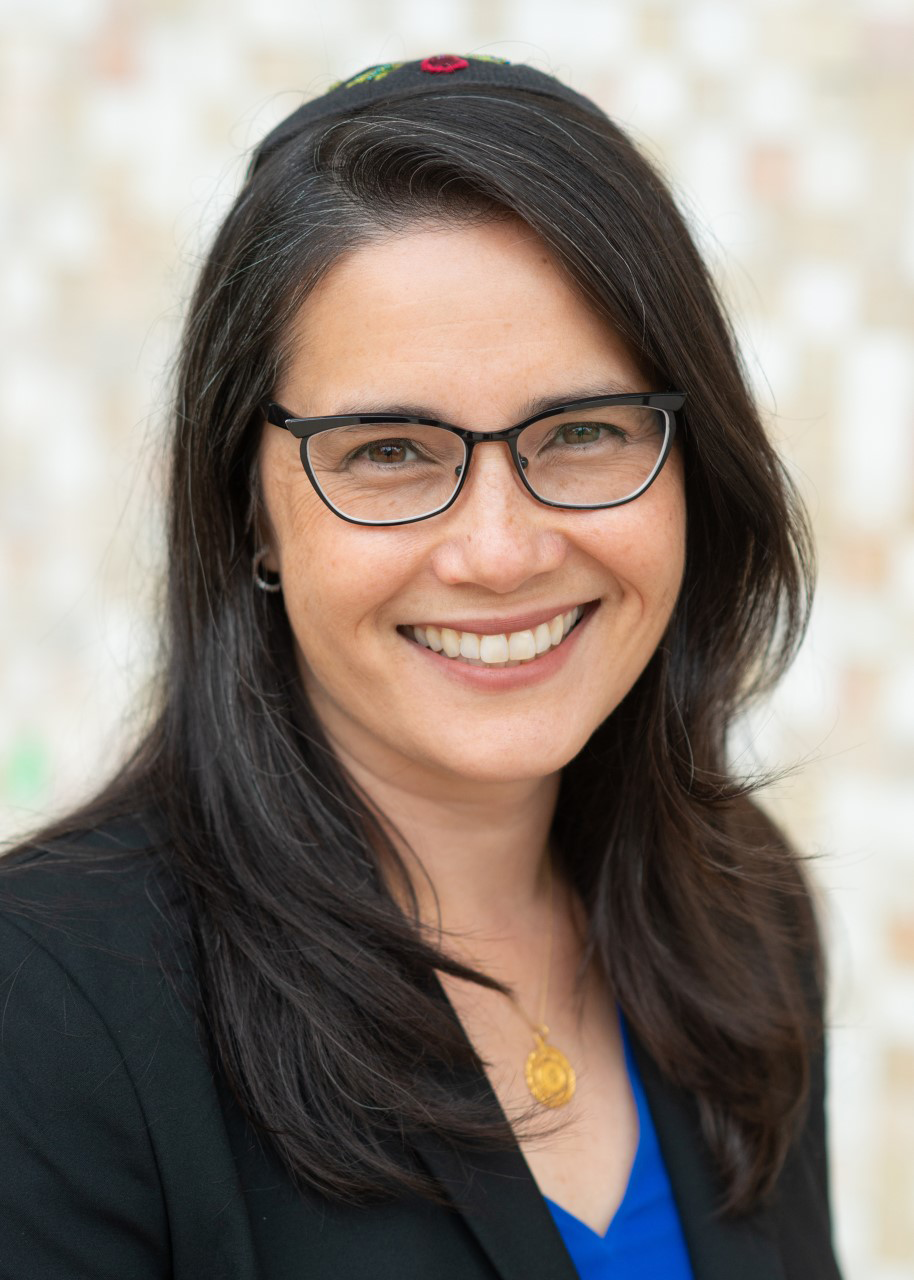We are almost ready. In this week's Torah portion, Nitzavim, Moses is nearing the end of his speech to the Israelites, urging them to live righteously when they move across the Jordan River without him. He includes three beautiful passages that, together, capture essential aspects of Judaism: peoplehood, responsibility, and intentionality.
The first passage connects many generations of Jews through time.
"You stand this day, all of you, before the Eternal your God...I make this covenant, with all its sanctions, not with you alone, but both with those who are standing here with us this day...and with those who are not with us here this day" (Deuteronomy 29:9,13-14).
This passage offers a clear vision of peoplehood. Every Jewish person there ever was or ever will be is directly included in this passage, and it makes us intimately connected with each other through Torah. We belong to a people that exists through time and space. When we accept the covenant that was made at Sinai, we have a people to which we belong.
The second passage recognizes our responsibilities.
"Surely, this instruction which I enjoin upon you this day is not too baffling for you, nor is it beyond reach. It is not in the heavens...[n]either is it beyond the sea...No, the thing is very close to you, in your mouth and in your heart, to observe it" (Deuteronomy 30:11-14).
Tradition does not give us the option to feign ignorance. Torah offers us the means of understanding the universe and our place in it. We have the tools we require to understand how we are to treat others, ourselves, and the earth. We are supposed to love our neighbor as ourselves (Leviticus 19:18), pursue justice (Deuteronomy 16:20), and care for the orphan, the widow, the poor and the stranger (Exodus 22:20-24). We are not to intentionally harm our bodies (Leviticus 19:28). We are to care for the earth by not cutting down fruit trees (Deuteronomy 20:19) and allowing the land to rest on a regular basis (Exodus 23:10-11). We are told that we are stewards of the earth and charged to care for all living creatures (Genesis 1:28). We have obligations, and Judaism urges us to fulfill our obligations.
The third puts our fate in our own hands.
"I call heaven and earth to witness against you this day: I have put before you life and death, blessing and curse. Choose life that you and your offspring may live..." (Deuteronomy 30:19).
Torah explains that we decide how we will live. We have a choice.
Every day, we make decisions about how we want to live. Jewish tradition emphasizes that we have choices by creating rituals that urge us to be aware of the moment. The system of blessings is a comprehensive example of how ritual encourages awareness. For instance, before you eat something, you have to pay attention to what it is in order to say the right blessing. Did it come from a tree, grow in the ground, or come off a vine? The answer will determine which blessing to recite. We have to pay attention to what is happening around us. This is essential, because the more present we are in any given moment, the more intentional our behavior can be.
Judaism also has rituals to help us hone our self-control, heightening our ability to make intentional choices. Think of the prohibitions on . Whether we adhere to them literally or interpretively, taking ourselves out of our usual routines requires intentionality and self-control. The better we are at self-control, the less likely we are to be at the whim of our gut reactions. Thus, we can be more intentional about every action we take, especially when we interact with other people. Our interactions are based on our choices, rather than how we might instinctually behave. It is up to us to choose to live purposefully and righteously.
This is what Judaism is. Being Jewish is knowing that we belong to a people, through time and space, grounding us through the ideals and values we develop through our acceptance of the covenant and through the connections with the community that calls it sacred. Being Jewish is knowing that we have responsibilities and knowing that it is within our means to fulfill those obligations. Finally, being Jewish means that we consciously choose how we want to conduct ourselves and our lives. We can choose to be thoughtful, purposeful, and intentional. By so doing, we can choose life and blessings.
As we prepare to bring in a New Year, may these elements of who we are give us strength and direction.


